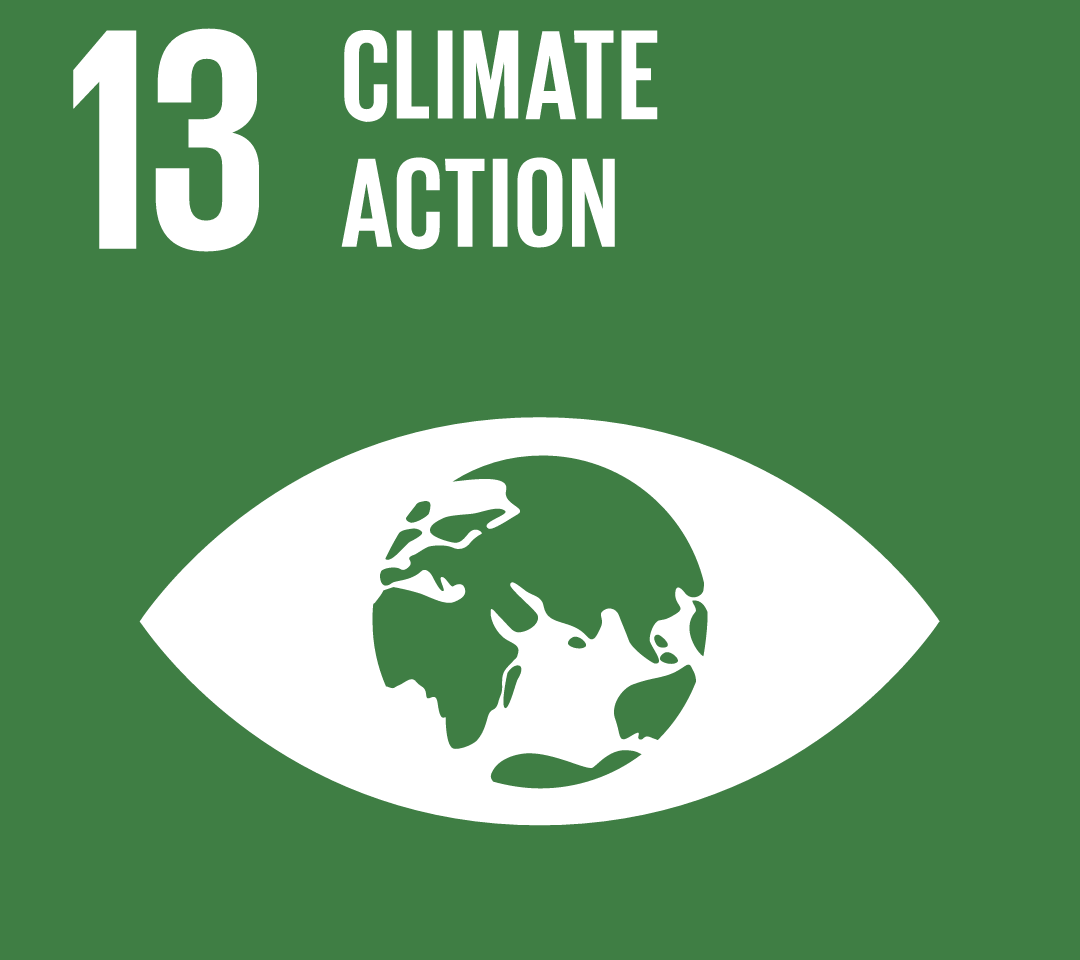A Climate Just Africa
Africa is a continent with great potential for growth and development. However, it is also a region that is particularly vulnerable to the impacts of climate change. If Africa is to ensure a climate just future for generations to come, it must take bold and decisive action to address this challenge.
One of the key actions that Africa must take is to transition to renewable energy. Currently, the continent relies heavily on fossil fuels such as coal and oil, which contribute to greenhouse gas emissions and global warming. By shifting to renewable energy sources such as solar, wind, and hydropower, Africa can reduce its carbon footprint and combat climate change. In addition, renewable energy has the potential to provide affordable and reliable electricity to millions of people who currently lack access to power. This can help to drive economic growth and improve the quality of life for many Africans.
Another important action for Africa to take is to protect and restore its natural ecosystems. Forests, wetlands, and other natural habitats play a critical role in regulating the climate and supporting biodiversity. By protecting and restoring these ecosystems, Africa can help to absorb carbon dioxide from the atmosphere, mitigate the impacts of climate change, and support the conservation of wildlife and other natural resources. This can also provide economic benefits, such as tourism and the sustainable use of natural resources.
In addition to transitioning to renewable energy and protecting natural ecosystems, Africa must also invest in adaptation measures to prepare for the impacts of climate change that are already underway. This includes developing early warning systems for extreme weather events, building infrastructure that is resilient to climate-related disasters, and supporting small-scale farmers and other vulnerable communities to adapt to changing environmental conditions. By investing in adaptation, Africa can reduce the risks associated with climate change and protect the most vulnerable members of its population.
Financing for loss and damage can help to support the efforts of developing countries to address these impacts and build resilience to future climate change. This can include providing financial resources for emergency response and recovery, as well as longer-term support for adaptation measures. For example, loss and damage financing can help to fund the relocation of communities that are at risk of being permanently displaced by climate change, or to provide financial assistance to small-scale farmers who have lost crops due to extreme weather events.
Overall, loss and damage financing is an important tool for addressing the impacts of climate change, particularly in developing countries. It can help to support the efforts of these countries to adapt to the impacts of global warming, build resilience, and address the inequities that have contributed to the climate crisis.
Ultimately, ensuring a climate just future for Africa will require a collective effort from all stakeholders, including governments, civil society organizations, the private sector, and the international community. By taking bold and decisive action, Africa can combat climate change, protect its natural resources, and build a more sustainable and prosperous future for generations to come.



